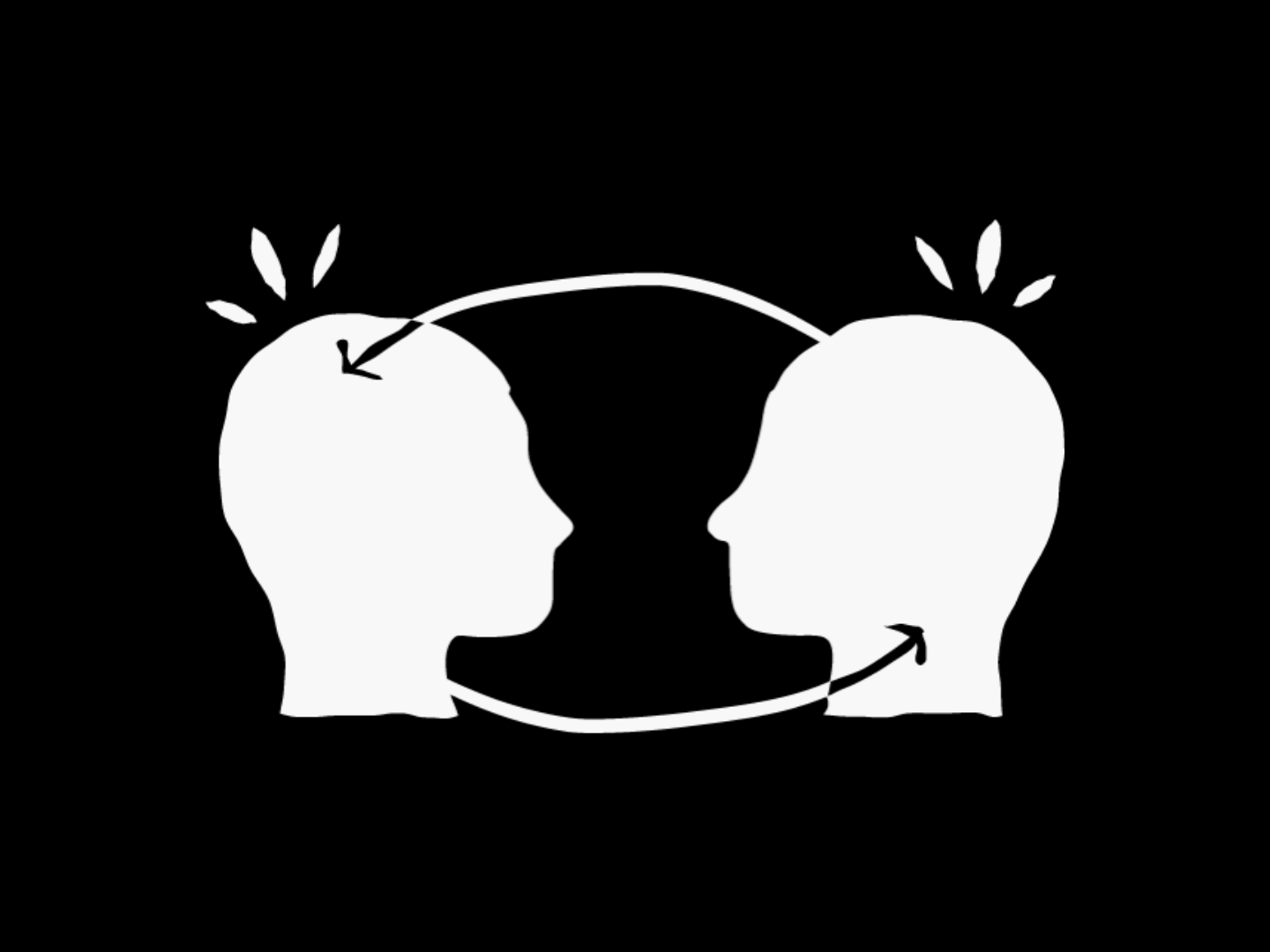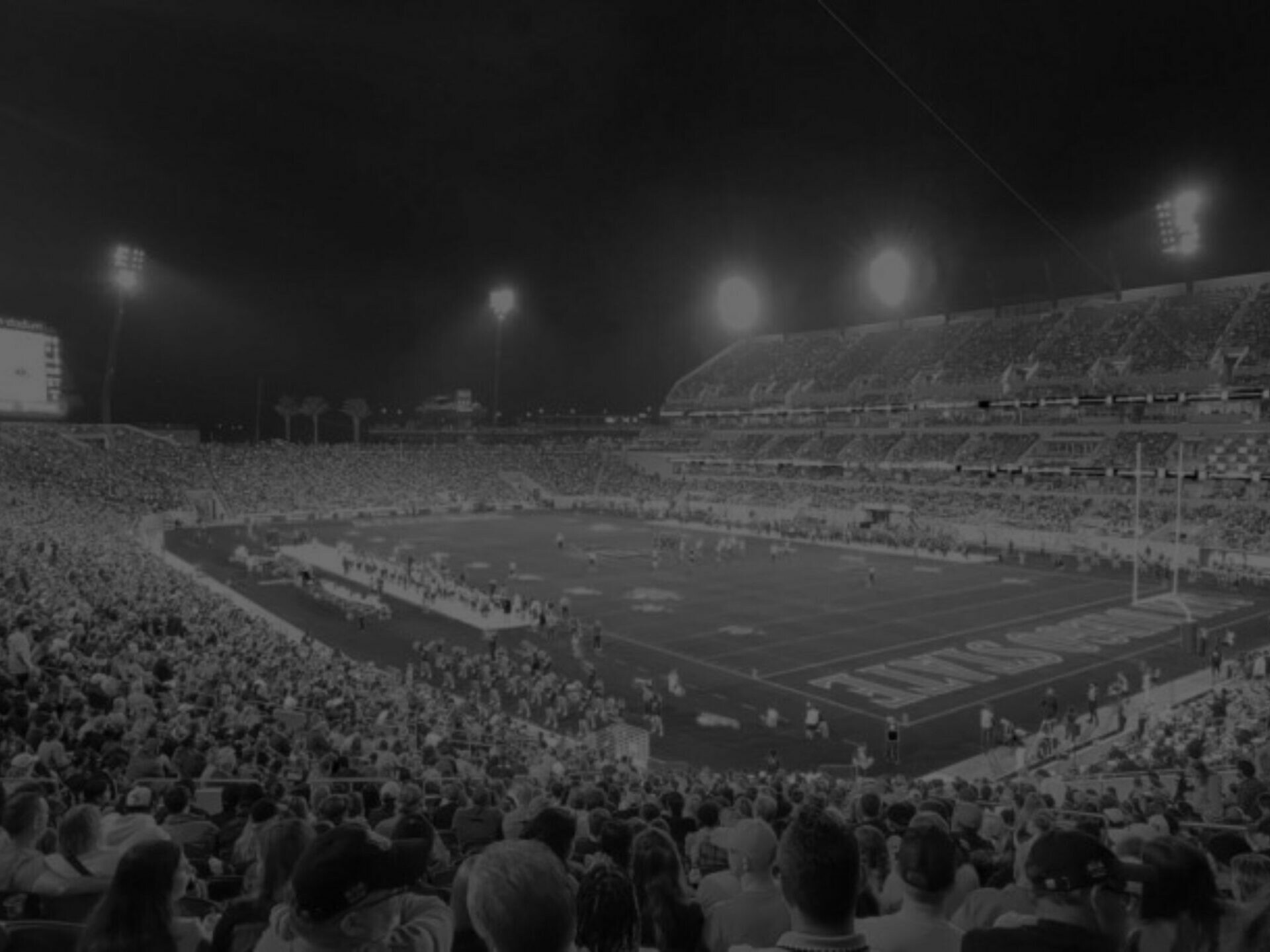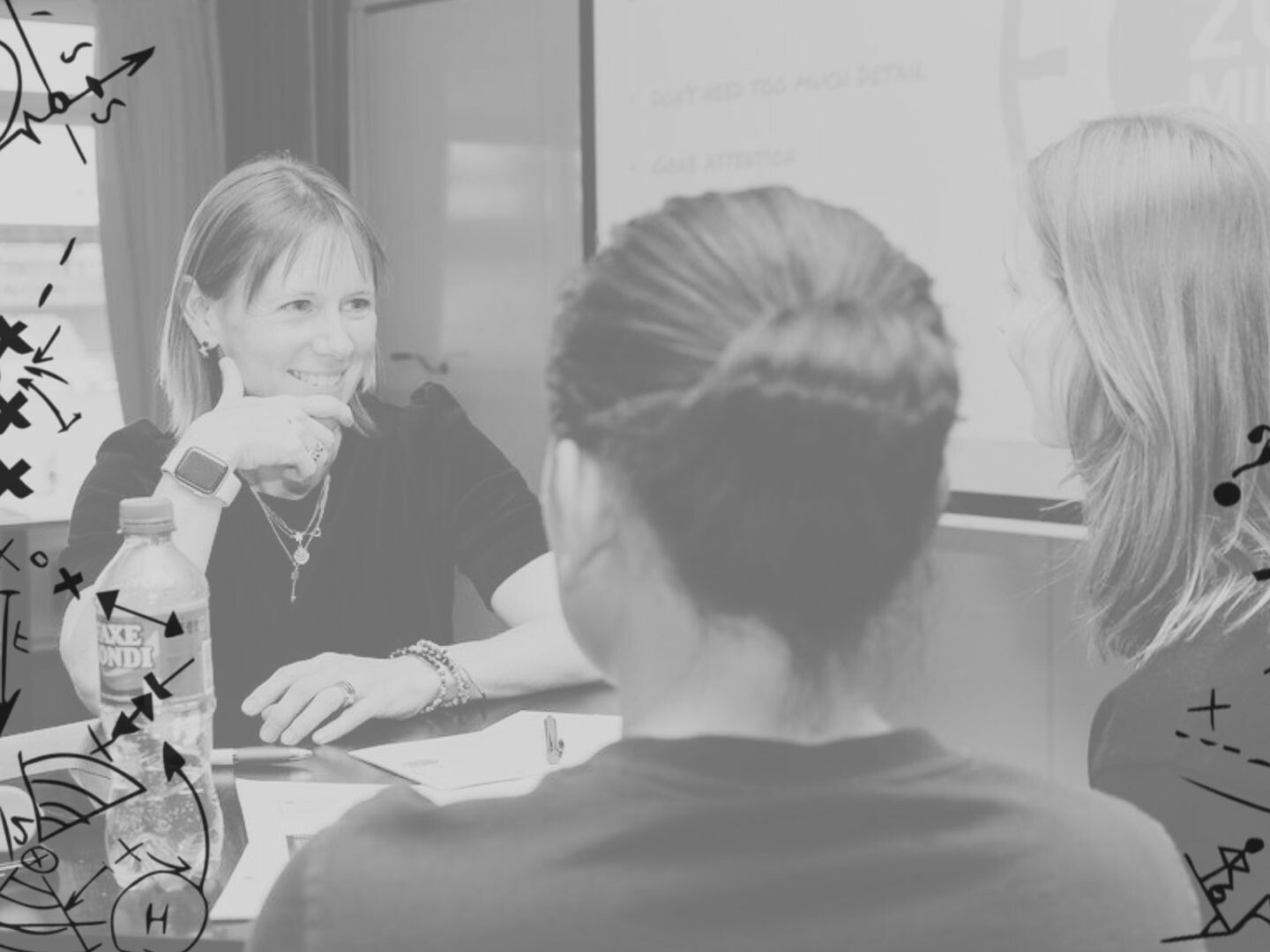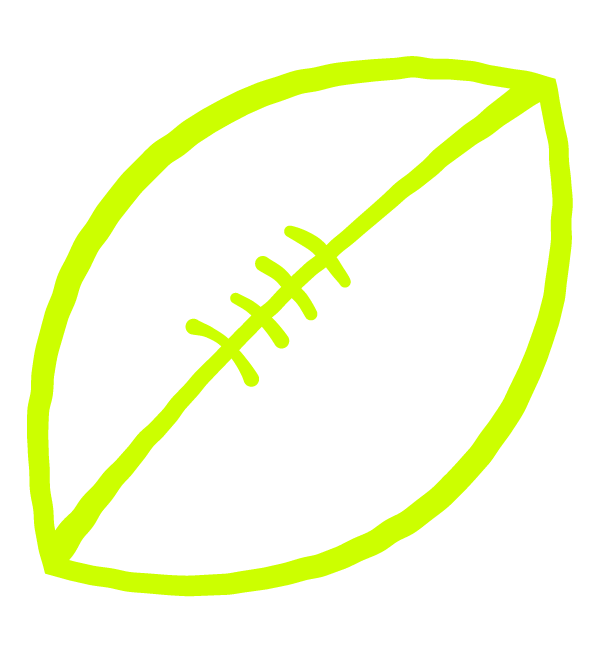Matt Smith has played for rugby union club Leicester Tigers for more than a decade. He recently completed some work experience with Elite Performance Partners, gaining an insight into different parts of the business whilst he considers his options for after his playing career. This article offers an athlete’s perspective on what they look for from high performance practitioners.
Athletes have different motivations and goals but they all have high demands expected of them from the performance coaches and staff who work alongside them.
Matt spoke to different top athletes from different sports, cultures and backgrounds across the world, and found there were some common expectations in what they looked for from a top-level strength and conditioning (S&C) coach. He summarised his thoughts below:
HONESTY
There should be a high level of honesty and trust between the athlete and the practitioner. As an athlete you do not want information which you think is confidential and share with the practitioner to be relayed to the Head Coach. This will lead to a closed loop feedback system. It is crucial that an athlete feels they can be honest and open with their S&C coach about how they feel, otherwise they will never reach their full potential.
If the levels of trust are high it helps facilitate a positive environment for the athlete and the practitioner. It is not an underestimation to say that players are literally putting their career in the hands of this practitioner.
TECHNICAL EXPERTISE
Elite athletes are passionate, goal-orientated individuals who are naturally inquisitive. Practitioners are likely to receive many questions as the athlete continues their quest for excellence. Why are we doing this exercise? If the practitioner doesn’t give a clear and transparent answer to this common question without enough knowledge to convince the athlete, then the player will become less engaged and may not give maximum effort during the exercise. However, if an S&C coach can explain effectively “we are doing X because it will improve or increase Y…” the player will understand it and apply the required effort as they identify with a tangible reward, corresponding with their goal-orientated mindset.
EMPATHY
The practitioner needs to understand what motivates that individual athlete; what are their needs and goals, both in the short and long term.
For example, if the athlete is a rugby player first and foremost and not a weightlifter, it’s important to know when to push them physically and when to ease off. A young player’s goal might be to increase their speed and strength, whereas an older athlete could be more interested in maintenance or mobility work.
Athletes appreciate when coaches can differentiate between their own needs and their teammates. This also includes a good sense of situational awareness around the athlete; are they apprehensive about certain exercises following an injury? Are they feeling dejected after being dropped from the team? Have they got any problems in their personal life? All these factors need to be considered by the S&C when dealing with each individual athlete to help build that relationship.
COMMUNICATION
Effective communication skills are required in many professions but extremely important when every small percentage point matters. Top athletes are always chasing that extra marginal gain. If communication between the athlete and the practitioner breaks down, the athlete is likely to feel isolated which can have a direct effect on performance.
Communication between an athlete and S&C coach should be precise with the athlete receiving a few key messages. They do not want to be overloaded with information all at once. The message and the goal need to be clear, simple and consistent.
Good communication is often the glue that can bind all these key characteristics together.
Fine-tuning in Elite Sport
Based on my own experiences and listening to those of other athletes, I’ve noticed how the relationships between the high performance practitioner and the athlete are key components of how professional sportspeople train and ultimately perform.
At the highest-level players demand the absolute best from these coaches, and if the athlete can meet those demands and exceed their expectations then it can lead to overall improvements in the individual and the overall team’s performance.
Related Posts
Building high-performance environments off the pitch in elite sport
September 28, 2023
0 Comments8 Minutes
